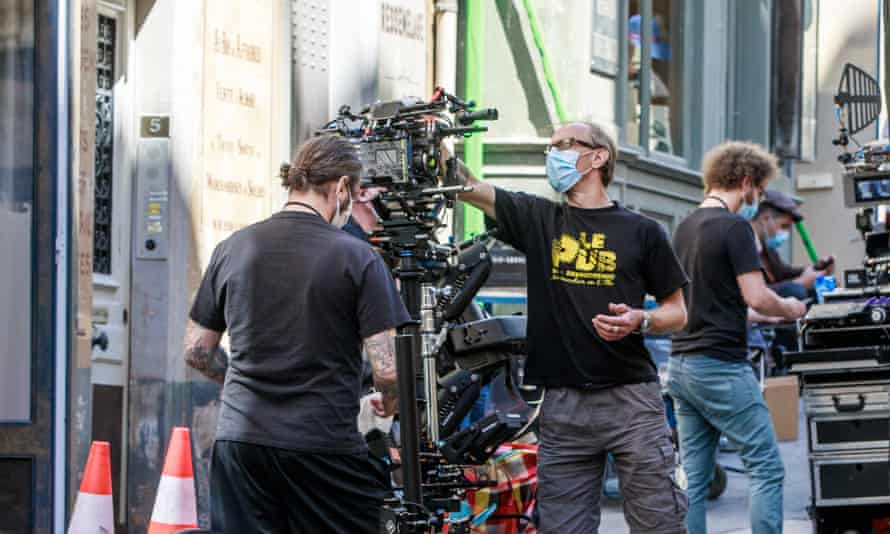How has COVID and Quarantine Conditions Impact the Entertainment Industry?
January 29, 2021
Over the past year many have witnessed movies, shows, games, and more that they had been anticipating being pushed back due to restrictions imposed because of COVID-19. With restrictions in place, companies imagined they would make virtually no money from their movies, as people aren’t allowed to go to theaters, forcing them to adapt. Game studios and production companies found themselves unable to work within their normal environments due to restrictions, forcing the suspension of production or delay of the final product.
Seeing as American box office sales accounted for over 10 billion dollars in 2019, film companies had to find a way to adapt to keep making money. As people spent more time at home, streaming platforms gained more and more subscribers, with Netflix alone gaining 16 million new users at the beginning of 2020. Again, with consumers unable to go to theaters, companies were forced to make decisions about premiere dates- often pushing them back.
For example, Marvel’s Black Widow and the new James Bond movie, No Time to Die, have both been pushed back from their original release dates in 2020 to release dates in 2021. Other movies have had their premieres tied to streaming services, like Wonderwoman 1984, which premiered both in theaters and on HBO Max.
While some productions were able to be completed on time and simply had to delay release dates, other productions have had to delay filming. Some have been able to resume, although they are now dealing with heavy health and safety precautions, which can take up as much as $3 million from a movie’s budget. Positive tests within these productions can delay them completely for at least two weeks at a time.
Despite the troubles caused for new productions, the film industry as a whole was able to continue making profit, mostly through streaming services. The video game industry has a similar story, where sales boomed and player bases grew by a lot while new releases and games still in production faced delays and compromises. Riot Games’ Valorant struggled with the pandemic, according to the game’s executive producer, Anna Donlon. This led to a much different launch timeline than the one the team had envisioned. One issue specifically was getting voice actors into the studio to record lines, a common practice that was heavily impacted by COVID-19 restrictions. Even with their compromised launch timeline, Valorant still ended up being one of the most successful games of the past year, exploding among professional gamers and streamers.
Despite facing delays and compromises, the game industry was impacted much less than the film industry, as they are able to continue work from home, while complying with restrictions. Gearbox, developers of the popular Borderlands series released four game patches to Borderlands 3 in between the beginning of March 2020 and May 2020, though this did not come without its challenges, like transferring large files between team members.
The entertainment industry has had to adapt to pandemic protocols and try new things in order to stay afloat, however, the past year has taught production teams how to work under varying conditions and still release a finished product, skills that could be invaluable for the future. The ever-growing popularity of streaming services has shown productions that there are more ways to release their movies for the public to enjoy. Hopefully, the pandemic conditions will improve, allowing productions to resume full swing, in turn letting fans see the movies and play the games they are anticipating.



